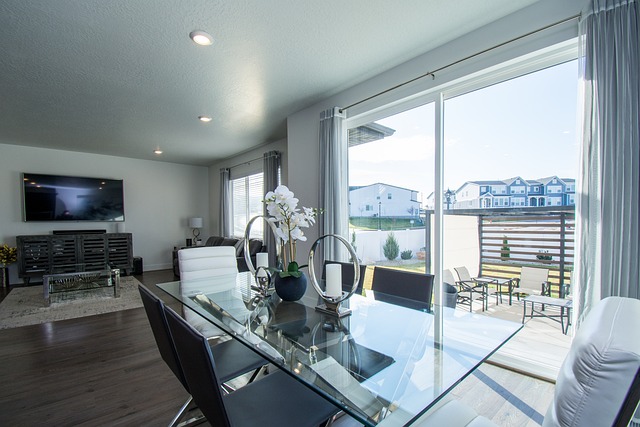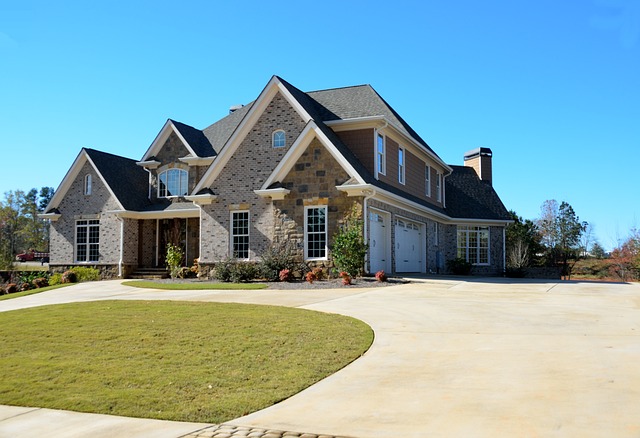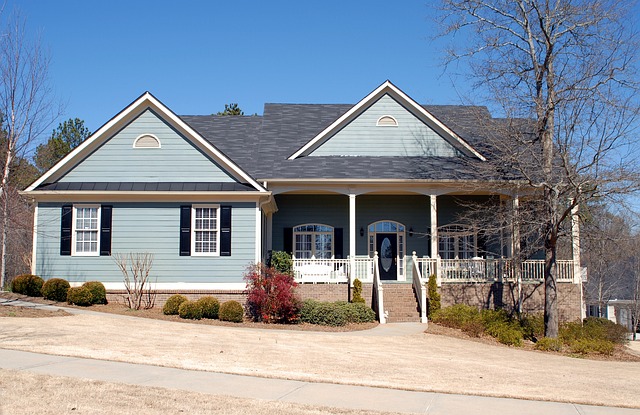Understanding ABSD Singapore 2nd Property regulations is vital for investors navigating the city-state's residential property market. This guide breaks down the intricacies of ABSD, highlighting its impact on 'residential' properties and the calculation of total value and freehold units. It emphasizes the importance of legal knowledge, compliance with laws like Land Titles Act and Real Estate (Development) Act, and staying informed about amendments. Effective communication, detail-oriented planning, professional guidance during acquisition, and strict post-acquisition management are crucial to navigate this complex landscape successfully, ensuring regulatory compliance and avoiding disputes or losses.
Navigating the complex world of property investment in Singapore requires a deep understanding of ABSD (Additional Property Tax) regulations, especially for the 2nd property. This comprehensive guide explores the intricate legal landscape surrounding ABSD Singapore 2nd Property, offering valuable insights into the tax framework and regulations. Learn from common challenges to ensure a smooth acquisition process, and discover post-purchase management tips for compliance and long-term success.
- Understanding ABSD Singapore 2nd Property: A Comprehensive Guide
- Legal Framework and Regulations: What You Need to Know
- Common Challenges and Pitfalls to Avoid
- Navigating the Acquisition Process: Step-by-Step
- Post-Purchase: Managing and Compliance Tips
Understanding ABSD Singapore 2nd Property: A Comprehensive Guide
Understanding ABSD Singapore 2nd Property involves comprehending a key aspect of Singapore’s property investment landscape. The Additional Property Duty (ABSD) is levied on individuals who own more than one residential property in Singapore, with the primary goal of ensuring fair distribution and utilization of housing resources. This duty is particularly relevant for foreign investors considering purchasing a second property.
For the 2nd Property under ABSD, only properties categorized as ‘residential’ are taken into account, distinguishing them from commercial or industrial spaces. The ABSD calculation considers factors such as the total value of all residential properties owned and the number of freehold units among them. This comprehensive guide emphasizes the importance of meticulous planning for property investors to optimize their portfolios while adhering to Singapore’s regulatory framework.
Legal Framework and Regulations: What You Need to Know
Navigating the legal landscape surrounding the ABSD Singapore 2nd Property requires a thorough understanding of the governing framework and regulations. Singapore’s robust legal system provides a solid foundation for property transactions, ensuring transparency and protection for all parties involved. Key laws such as the Land Titles Act and the Real Estate (Development) Act set the parameters for property development, ownership, and transactions.
These legislative pillars are further supported by various government agencies like the Urban Redevelopment Authority (URA) and the Building and Construction Authority (BCA), which enforce building standards and regulations. For ABSD Singapore 2nd Property investors, it’s crucial to stay informed about amendments to these laws and stay compliant with local legal requirements. Understanding this intricate web of regulations is essential to ensure a smooth and legally sound investment journey.
Common Challenges and Pitfalls to Avoid
Navigating legal issues related to Absd Singapore 2nd Property investments can be complex, filled with common challenges and potential pitfalls. One of the primary difficulties is understanding the intricate regulations and laws surrounding property ownership and development in Singapore. Investors often face complexities such as zoning laws, building regulations, and restrictions on foreign ownership, which require meticulous attention to detail. Failure to comply with these regulations can result in legal disputes, delays, and even financial losses.
Another common pitfall involves missing crucial deadlines and documentation requirements. In the fast-paced world of property investments, staying organized and timely is essential. Investors should be aware of key milestones, such as application submission dates, permit renewals, and tax filing obligations, to avoid any legal complications or penalties. Additionally, ensuring clear and accurate communication with all stakeholders, including developers, lawyers, and government agencies, is vital to smooth sailing in the Absd Singapore 2nd Property journey.
Navigating the Acquisition Process: Step-by-Step
Navigating the acquisition process for an ABSD Singapore 2nd Property requires careful steps to ensure legal compliance and a smooth transaction. It begins with thorough research into the property’s eligibility, including its zoning, use permissions, and any potential restrictions. This step is crucial as it determines if the property aligns with your intended purpose. Once confirmed, you can proceed to engagement with a registered professional, such as a lawyer or consultant, who understands ABSD regulations.
They will guide you through the application process, which involves preparing necessary documents, submitting them to the relevant authorities, and ensuring all requirements are met. This may include acquiring permits, conducting environmental impact assessments, and addressing any legal or regulatory hurdles. Effective communication with your professional ensures a clear understanding of each step, helping to avoid delays or complications that could arise during the acquisition process.
Post-Purchase: Managing and Compliance Tips
After acquiring your second property through ABSD Singapore, effective management and compliance are crucial to avoid legal complications. One key tip is to maintain meticulous records of all financial transactions related to the property, including purchases, renovations, and sales. This includes keeping receipts, invoices, and any agreements with contractors or service providers. Regularly reviewing and updating your property’s legal documents, such as titles and leases, is also essential. Ensure these documents accurately reflect the current state of ownership and any changes made since purchase.
Staying compliant involves adhering to Singapore’s property regulations, including those related to zoning, rent control (if applicable), and maintenance standards. Keeping up-to-date with local laws and guidelines will help prevent penalties and disputes. Additionally, consider consulting a legal professional or property management expert who specializes in ABSD properties to gain insights into specific obligations and best practices for maintaining your second property in Singapore.
Navigating the complex landscape of legal issues surrounding the ABSD Singapore 2nd Property can be a daunting task, but with the right guidance, it needn’t be overwhelming. By understanding the comprehensive guide to ABSD Singapore 2nd Property, recognizing common challenges, and following the step-by-step acquisition process outlined in this article, property owners can ensure a smoother journey. Post-purchase, maintaining compliance through proactive management practices will safeguard against potential legal pitfalls, fostering a successful and harmonious ownership experience within Singapore’s evolving regulatory framework.



